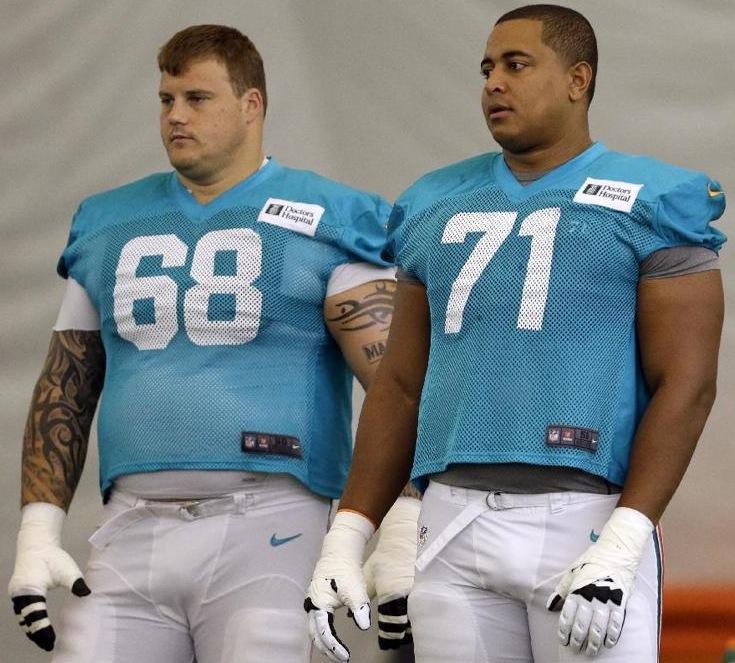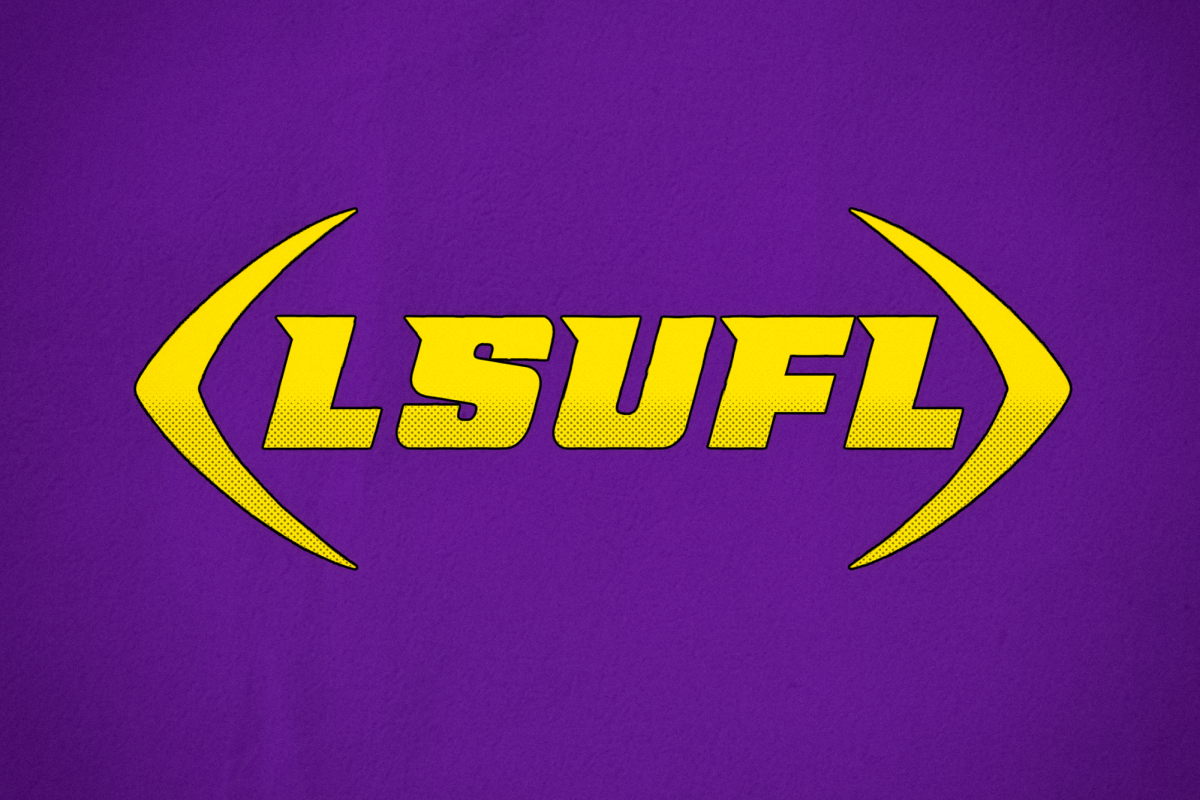Football fans across the nation watched in shock and awe in late October as information surfaced about offensive tackle Jonathan Martin’s departure from the Miami Dolphins.
Martin alleged the Dolphins locker room had developed a “culture of bullying” and he repeatedly suffered personal attacks and harassment from teammates.
The controversy came to a peak as Martin pointed to veteran guard Richie Incognito as the primary offender and a voicemail that surfaced in which Incognito used racial slurs and threatened to kill Martin and his “real mother.”
Martin also claimed he had also been pressured by Incognito to contribute $15,000 to help finance a trip to Las Vegas he did not participate in.
While most agree these actions are never appropriate, many current and former football players argued behavior like Incognito’s is bound to exist in a sport as violent as football.
“It takes a certain type of person to play this game,” said LSU junior fullback Connor Neighbors. “And it’s not just on the field. It’s off the field as well.”
But does football culture excuse hazing and harassment as extreme as what Martin claims to have suffered?
Not if LSU senior linebacker Lamin Barrow has anything to say about it.
“Those type of actions around here are not tolerated,” Barrow said. “We pick on some of the younger guys sometimes, but it never goes so far as to make somebody feel alienated or make them feel like they’re not a part of this team.”
This sentiment was echoed by several of Barrow’s teammates.
Junior linebacker D.J. Welter said clowning around between teammates was normal in a locker room and a good way to bond with what he called his brothers.
“Some days it might escalate into something a little different and it might get a little personal,” Welter said. “You just have to remember who it is.”
But the Tigers definitely have a “what happens in the locker room, stays in the locker room” mentality, as multiple players used those exact words to describe how they would handle a situation similar to that in Miami.
Neighbors said he would hope altercations or disputes could be resolved before the coaches could even get involved.
“I don’t believe in hazing or bullying or anything like that,” said junior wide receiver Jarvis Landry. “That’s not a part of this organization and that’s not what we believe in here at LSU. But at the same time, I think that’s between the team.”
Landry said though it may seem simple, internal conflict within a group or organization rarely is. He said this is a situation in which he is glad he is on the outside looking in.
“Let’s just hope that doesn’t happen here,” Landry said. “I can’t even imagine how the turnout would be.”
“Those type of actions around here are not tolerated. We pick on some of the younger guys sometimes, but it never goes so far as to make somebody feel alienated or make them feel like they’re not a part of this team.”
Football: LSU players discuss team’s hazing policy
By Tyler Nunez
December 4, 2013






